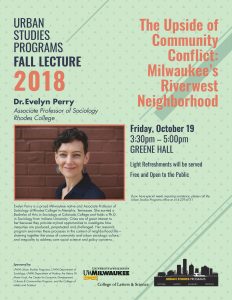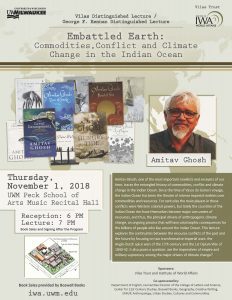War, Peace, and the Feast: Conflict and Resolution in the Past
War, Peace, and the Feast is a hands-on opportunity to experience the variety of ways that conflicts were contested, resolved, and prevented in the past as revealed in the archaeological record. We present three main themes about ancient conflict. First is the variety of ways in which conflicts could be contested. These contests could indeed be bloody wars, but also could take the form of smaller-scale ritual battles like those which are seen today in Chiaraje, Peru. Myths also tell of sporting events taking place for warfare. Indeed, sports are well-known as a measure for pausing conflicts, as was the case in the ancient Olympics. We might infer that periodic sporting events both created social bonds between participants and released tensions before they could break into bloodshed. Finally, we present feasting as a key method in which social bonds were created as a means to provide stability and prevent conflict. With competitive feasting, we see the themes of War, Peace, and the Feast come full circle.
International Archaeology Day will be celebrated here in Milwaukee on Saturday October 20, 2018, from 1:00 to 4:00 pm on the UWM campus. Come to the first floor of UWM’s Sabin Hall (3413 N. Downer Ave.) and join us for an exciting afternoon doing archaeology with local specialists, ranging from experimental archaeology to helping identify and analyze ancient artifacts! FREE and open to the public. Fun for all ages!
This event is co-sponsored by the Archaeological Institute of America, Milwaukee Society and the University of Wisconsin-Milwaukee Departments of Anthropology, Art History, and FLL Classics Program.

